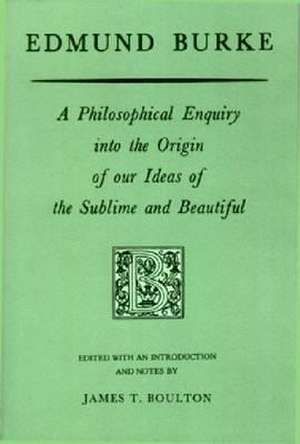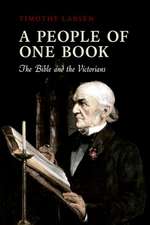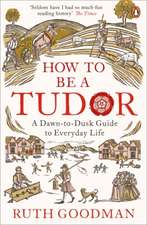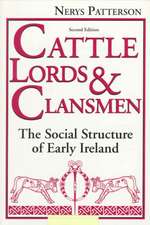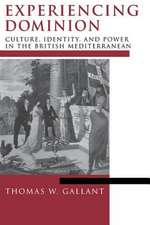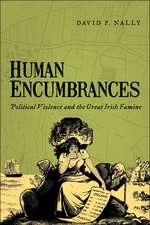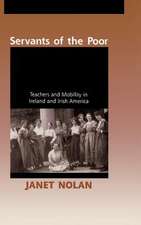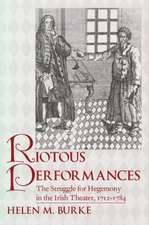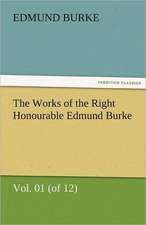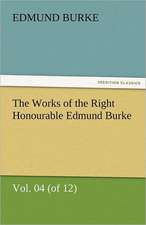Edmund Burke – A Philosophical Enquiry into the Origin of our Ideas of the Sublime and Beautiful
Autor Edmund Burke, James T. Boultonen Limba Engleză Paperback – 2 ian 1993
In his Enquiry —which has been described as "certainly one of the most important aesthetic documents that eighteenth-century England produced"—the young Edmund Burke provided a systematic analysis of the 'sublime' and the 'beautiful,' together with a distinctive terminology which served to express certain facets of the changing sensibility of his time.
The introduction traces the main sources of Burke’s ideas and establishes the nature of his originality. The largest section of James T. Boulton’s introduction, however, examines the influence of the Enquiry. Major writers like Johnson, Wordsworth and Thomas Hardy, painters such as Fuseli and Mortimer, and critics such as Diderot, Lessing and Kant, as well as many other minor figures, recognized Burke’s new insights, and in varying degrees assimilated them. The second edition, revised by Burke himself, provides the copy-text, including changes between the first and second editions.
The introduction traces the main sources of Burke’s ideas and establishes the nature of his originality. The largest section of James T. Boulton’s introduction, however, examines the influence of the Enquiry. Major writers like Johnson, Wordsworth and Thomas Hardy, painters such as Fuseli and Mortimer, and critics such as Diderot, Lessing and Kant, as well as many other minor figures, recognized Burke’s new insights, and in varying degrees assimilated them. The second edition, revised by Burke himself, provides the copy-text, including changes between the first and second editions.
| Toate formatele și edițiile | Preț | Express |
|---|---|---|
| Paperback (1) | 224.72 lei 6-8 săpt. | |
| MR – University of Notre Dame Press – 2 ian 1993 | 224.72 lei 6-8 săpt. | |
| Hardback (1) | 577.47 lei 6-8 săpt. | |
| MR – University of Notre Dame Press – 14 aug 1968 | 577.47 lei 6-8 săpt. |
Preț: 224.72 lei
Nou
Puncte Express: 337
Preț estimativ în valută:
43.00€ • 45.34$ • 35.80£
43.00€ • 45.34$ • 35.80£
Carte tipărită la comandă
Livrare economică 10-24 ianuarie 25
Preluare comenzi: 021 569.72.76
Specificații
ISBN-13: 9780268000851
ISBN-10: 0268000859
Pagini: 328
Dimensiuni: 143 x 216 x 18 mm
Greutate: 0.36 kg
Ediția:1
Editura: MR – University of Notre Dame Press
ISBN-10: 0268000859
Pagini: 328
Dimensiuni: 143 x 216 x 18 mm
Greutate: 0.36 kg
Ediția:1
Editura: MR – University of Notre Dame Press
Notă biografică
Edmund Burke (1729 - 9 July 1797) was an Irish-British statesman, economist, and philosopher. Born in Dublin, Burke served as a member of Parliament (MP) between 1766 and 1794 in the House of Commons of Great Britain with the Whig Party. Burke was a proponent of underpinning virtues with manners in society and of the importance of religious institutions for the moral stability and good of the state. These views were expressed in his A Vindication of Natural Society. He criticised the actions of the British government towards the American colonies, including its taxation policies. In the 19th century, Burke was praised by both conservatives and liberals. Subsequently, in the 20th century, he became widely regarded, especially in the United States, as the philosophical founder of conservatism.
